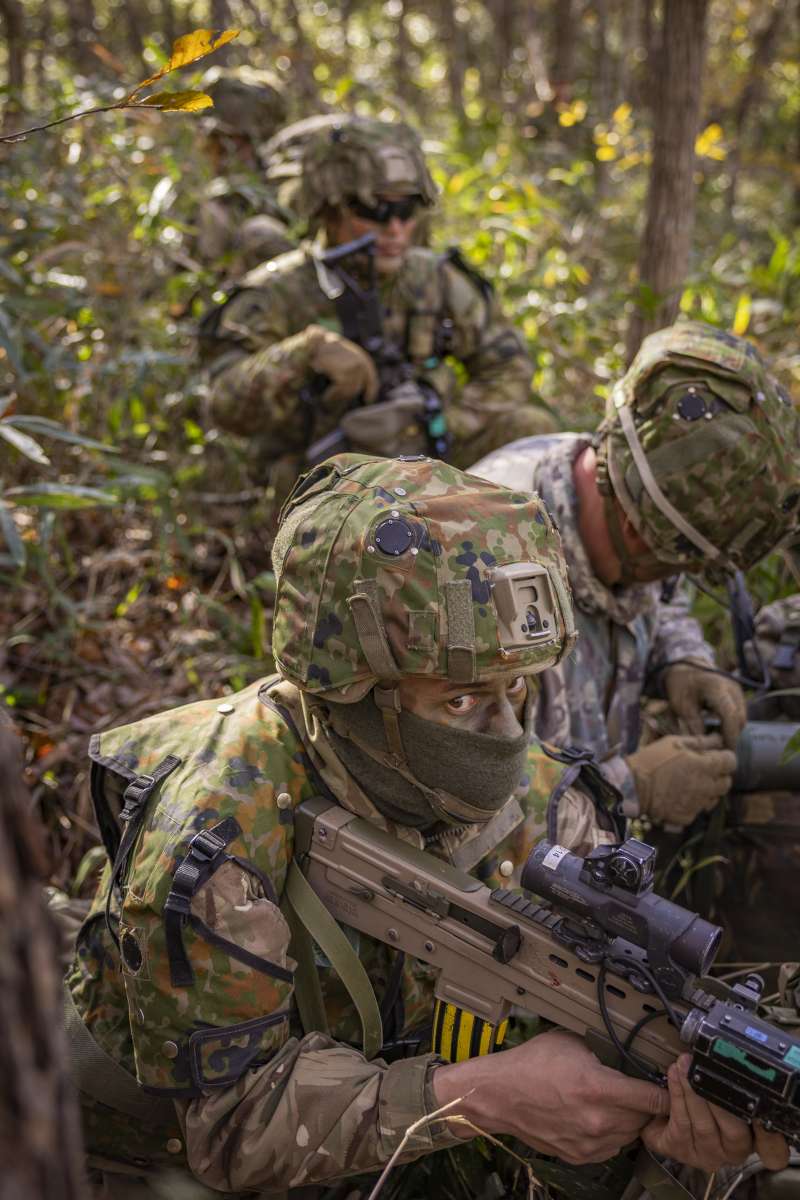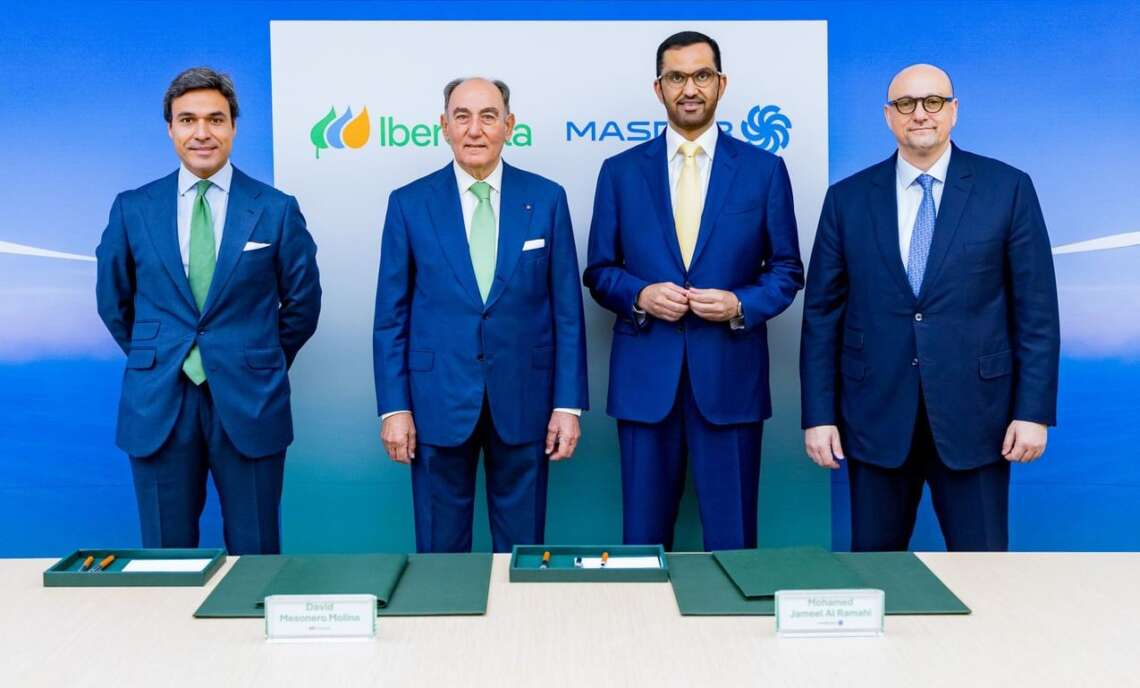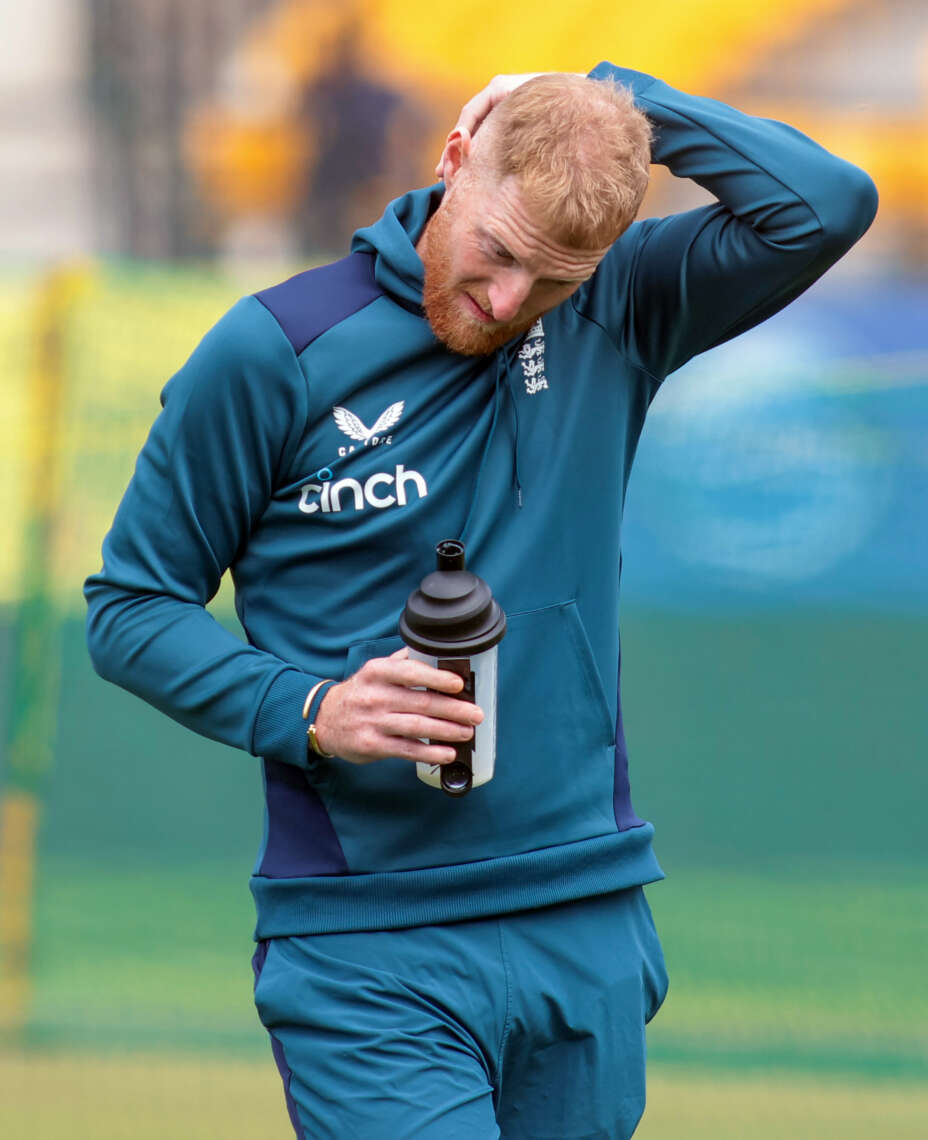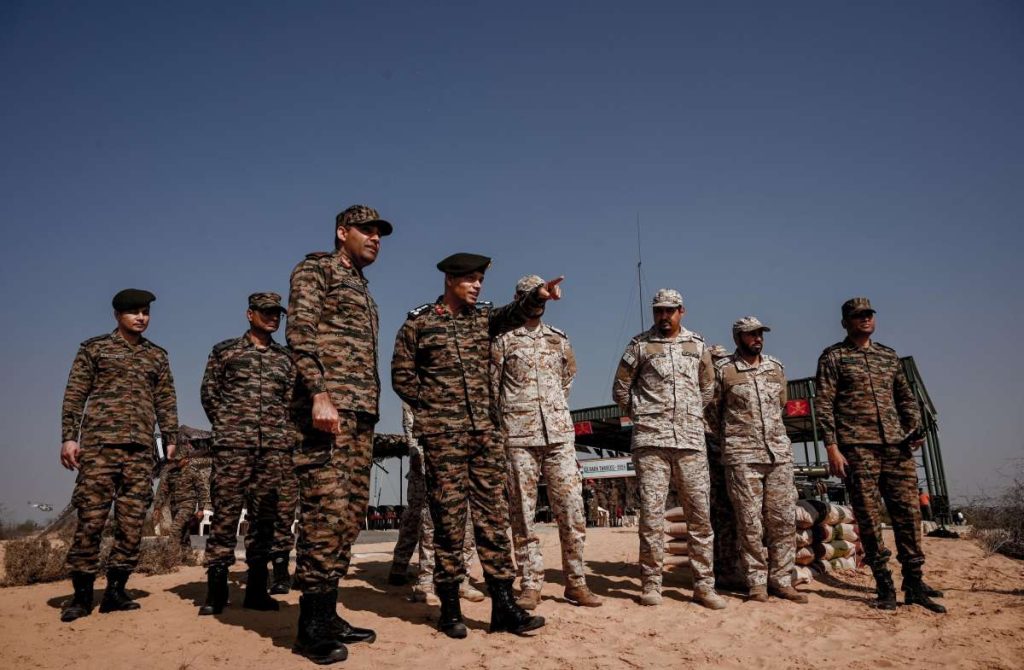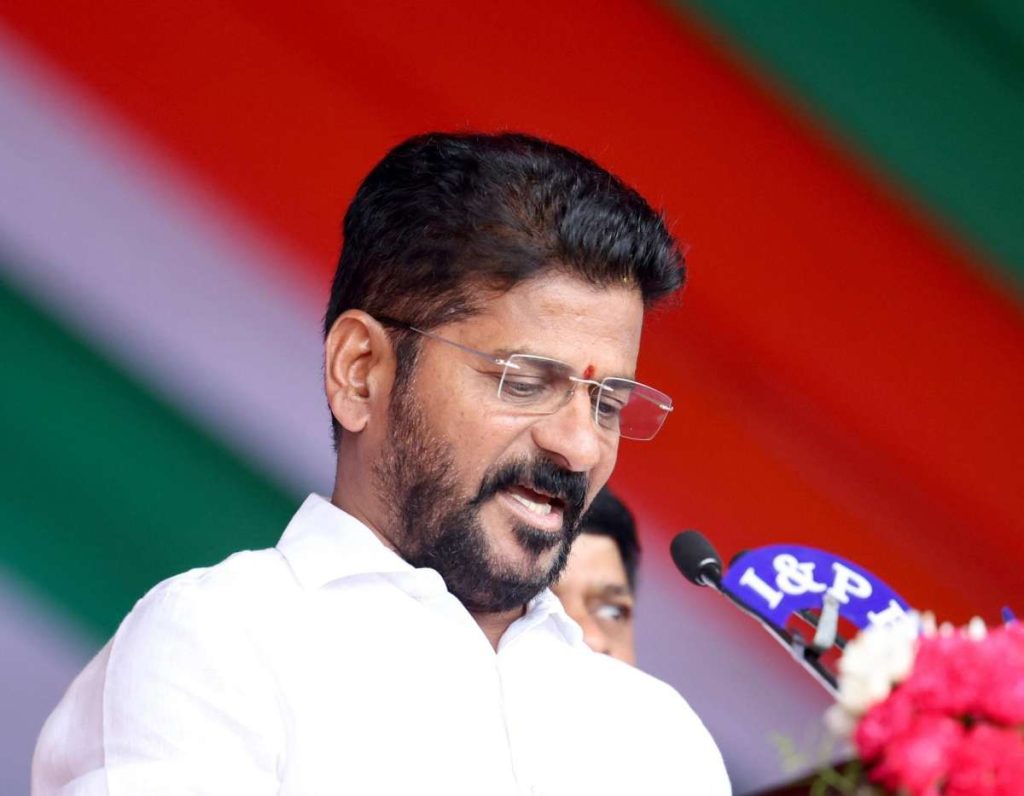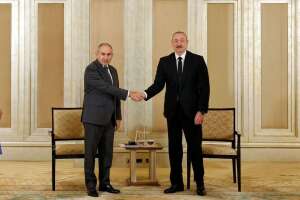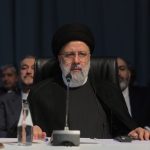British defence intelligence officials say the situation is serious as Middle East crisis intensifies while Russia pursues an expansionist agenda and China develops advanced weapons…reports Asian Lite News
British defence intelligence officials say the UK is closer to a large-scale conflict than at any recent point, as the Middle East crisis intensifies while Russia pursues an expansionist agenda and China develops advanced weapons.
One senior official said the secretive 4,500-strong unit was the busiest it had been in at least a decade, and said the fast turnover of ministers made it harder to ensure key politicians were making informed decisions.
The official was asked if they agreed with Grant Shapps, the defence secretary, who said in a speech last month that the UK and the west was “moving from a postwar to a prewar world”.
The official, based in defence intelligence and speaking on condition of anonymity, cited Russia’s continuing attack on Ukraine and the possibility of an expansion of the conflict, while adding that it remained possible China would attempt to take Taiwan by force.
“Is there a likelihood of a large-scale conflict? Yes, there is. It’s probably more likely than it has been at any recent point,” they said, reflecting a period of instability deepened by the Israel-Gaza war and US-led bombing campaigns against Houthi rebels in Yemen and Iranian-back militias in Iran and Syria.
A particular challenge, they added, was dealing with “the turnover of decision makers” during years of Conservative turmoil. Three prime ministers, four foreign secretaries and two defence secretaries have served since late 2019, the course of the current parliament.
Senior officials and military leaders had a “responsibility to educate”, the senior defence official argued, recognising that politicians often came to defence and foreign policy roles with little experience of international or military affairs.
An exception is David Cameron, a former prime minister who was unexpectedly appointed last year by Rishi Sunak as foreign secretary. Shapps was given the job of defence secretary last September despite no experience of military affairs.
Defence Intelligence is not a statutory spy agency like MI5, MI6 and GCHQ but nevertheless forms a key part of Britain’s secret state, tasked with monitoring military threats, activity and conflict worldwide. Outside London, its principal operation is at RAF Wyton, in Cambridgeshire.
Dozens of teams operate at the base, aggregated into a newsroom the size of a football pitch in a building called Pathfinder. Monitoring desks displaying maps, satellite imagery, drone footage or other feeds from conflict zones or other regions are arranged in honeycomb banks to allow for team working.
The complex range of activities include using remote imagery to identifying potential Houthi missile and radar sites, which have been bombed three times by the US and UK since mid-January. Identical tools are used to conduct damage assessment and assess casualties from a distance.
Defence industry spending tops £25 billion for first time
The 2022-23 statistics detail the money spent by the MOD with UK defence companies. The breadth of spending highlights the government’s commitment to continually improving the defence sector, while supporting the economy and creating hundreds of thousands of jobs across the country.
Yorkshire and The Humber saw a doubling in overall expenditure, the highest of all areas, while Wales saw a 25 per cent rise in the same figure.
An average of £370 is being spent with the UK defence industry for each person living in the UK, showing the level of spending that helps keep the nation protected.
The latest jobs figures – published in the summer – also show 209,000 UK jobs are supported through the MOD’s expenditure with our defence industry.
Defence Secretary, Grant Shapps said, “As threats increase across the globe, it’s crucial that investment in our Armed Forces matches that picture. That’s why we’re spending more than £50 billion annually on helping equip our military with cutting-edge capabilities, so they can continue to protect our freedoms around the clock. These statistics demonstrate how all parts of the UK are playing their part in that crucial work, delivering through our fantastic defence industry and boosting local prosperity.”
The UK has experienced its third consecutive year of increased spending, with the Southeast of England receiving the highest MOD Expenditure with UK Industry, followed by the Southwest.
Wales and Northern Ireland saw an increased level of expenditure compared to last year’s statistics, highlighting the key role the Nations play, with Scotland leading the investment with more than £2 billion spent annually.
ALSO READ-Ukraine Gets New Commander-in-Chief for Armed Forces

